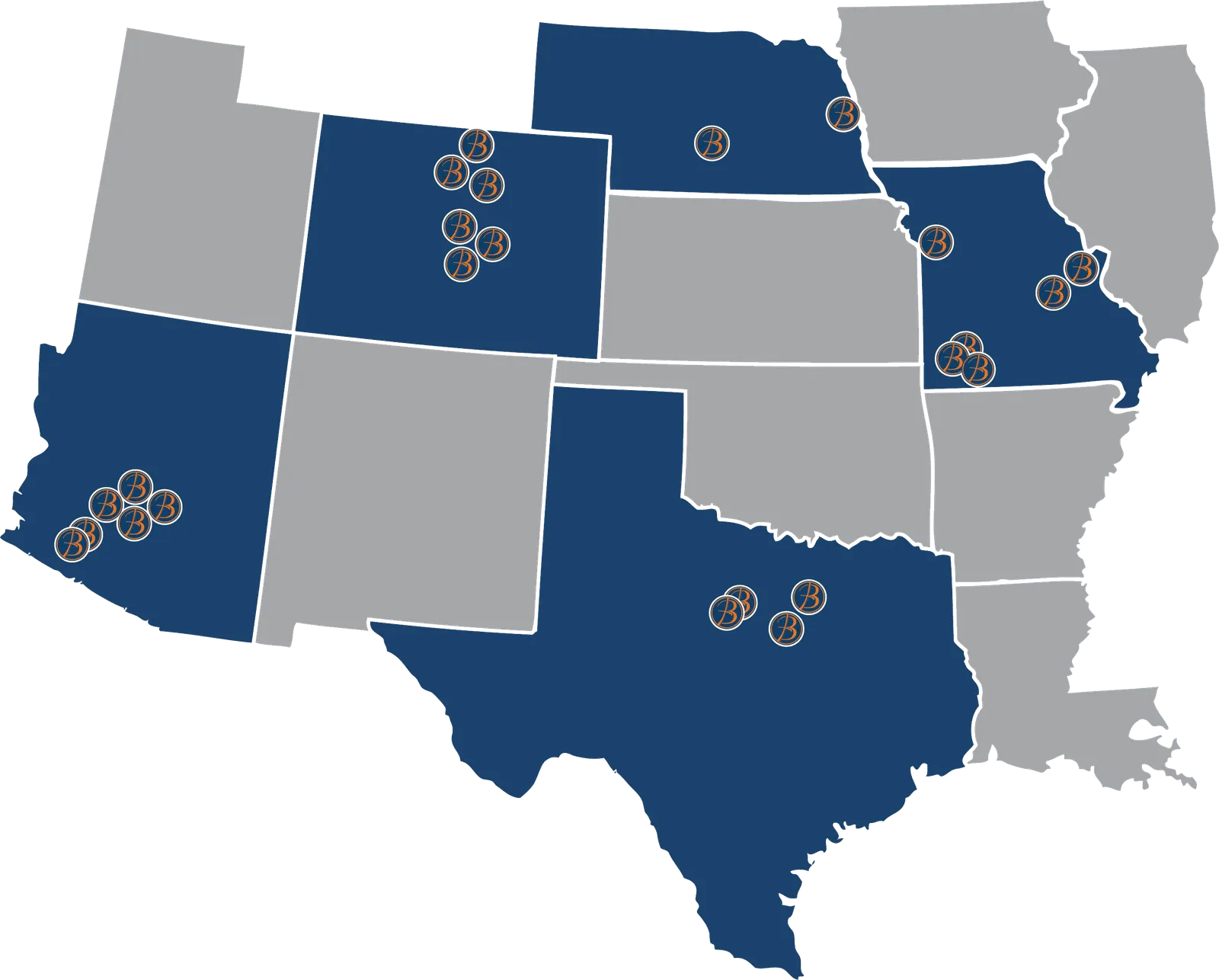At The Gardens at Broadmoor Court, we believe knowledge is empowering. In this article, we explore what silent reflux is, why it’s important to be aware of it and how we can make managing it easier and more comfortable.
Silent reflux is a condition in which stomach acid travels back up into the throat, voice box or nasal passages. Unlike typical acid reflux, this condition doesn’t cause the familiar burning sensation in the chest. Its symptoms are less obvious and can easily be mistaken for something else, such as allergies or a cold.
Instead of heartburn, people with silent reflux may develop a chronic cough, hoarseness or postnasal drip, or they may constantly feel the need to clear their throat. While stomach acid doesn’t always make it all the way to the mouth, it can still irritate the delicate tissues in the throat and upper airway, leading to discomfort and inflammation.
Both silent reflux and GERD involve acid moving up from the stomach. However, GERD usually causes heartburn, indigestion and chest discomfort, and it primarily affects the esophagus. Silent reflux, on the other hand, mainly affects the upper airway, including the voice box, throat and sinuses.
While GERD has obvious digestive symptoms, silent reflux symptoms are less apparent. As a result, they often go undetected or misdiagnosed.
As we age, certain natural changes in our bodies can make us more likely to develop conditions such as silent reflux. Over time, the muscles in the esophagus and the valves that keep stomach acid where it belongs may weaken. This allows stomach acid to travel upward into the throat and airways more easily.
Along with natural changes, certain medications can make you more susceptible to silent reflux. Medications that help manage common conditions such as high blood pressure, seasonal allergies and arthritis relax the lower esophageal sphincter and dry out the throat. These side effects increase the likelihood of reflux symptoms.
Being aware of the signs of silent reflux can empower you to seek treatment, helping you feel better and prevent unnecessary discomfort.
While silent reflux doesn’t cause the symptoms we typically associate with reflux, some signs and symptoms you can watch for include:
These symptoms aren’t unique to silent reflux. They may also be linked to seasonal allergies, colds or even the natural aging process. That’s why they’re sometimes easy to dismiss or overlook. However, if you or a loved one experiences these symptoms regularly, it’s important to talk to a health care provider.
People with silent reflux often live with symptoms such as a chronic cough or hoarseness without realizing they’re linked to digestive issues. A proper medical evaluation is the key to understanding symptoms, identifying their cause and finding relief.
When symptoms go on for weeks or months, it’s time to talk to your doctor about your symptoms and medical history. Often, primary care doctors in Colorado Springs, Colorado, refer patients to a local gastroenterologist or an ear, nose and throat specialist who can rule out other causes and determine whether silent reflux might be involved.
If your doctor suspects silent reflux, they may recommend one or more of the following tests:
These tests are safe and can provide important insights, especially if you have ongoing symptoms that don’t have an obvious cause.
Getting an accurate diagnosis is the first step toward feeling better. It’s also key to preventing future complications. When silent reflux goes untreated, repeated exposure to stomach acid can cause serious damage to the tissues in the throat and airways. This can lead to inflammation, vocal cord damage and even more serious concerns such as esophageal injury or respiratory issues.
For older adults, these complications can impact everyday life, from difficulty swallowing to disrupted sleep. A proper diagnosis enables a targeted treatment plan, whether that involves medication, lifestyle changes or dietary adjustments.
As a resident in an assisted living community, getting the right diagnosis opens the door to better support, from personalized meal plans to tailored care routines. With the right plan in place, you can better manage your reflux and improve your overall health and comfort.

2045 Roanoke St.
Colorado Springs, CO 80906
(719) 471-2285


